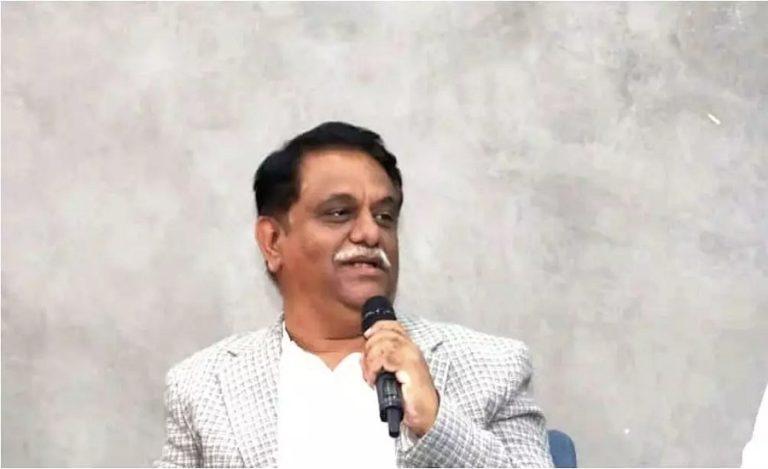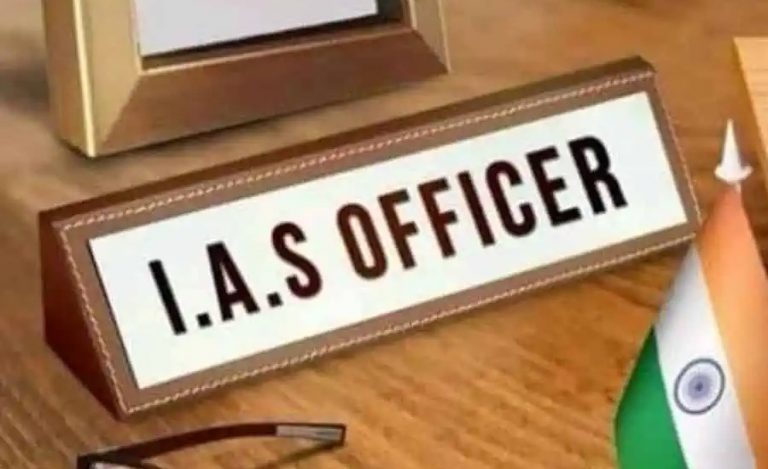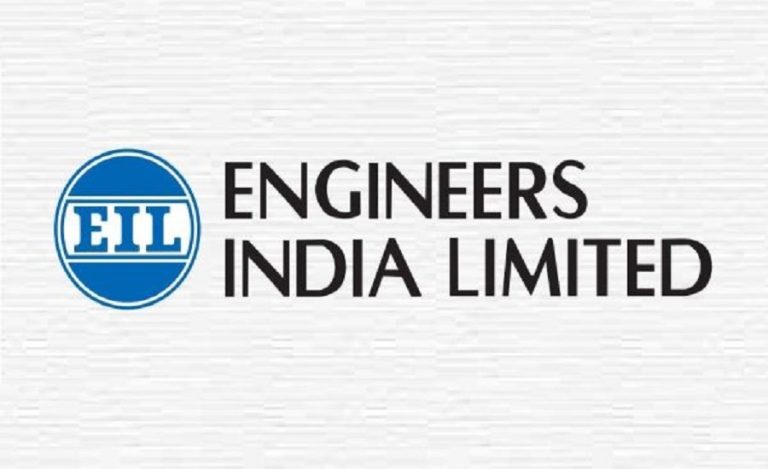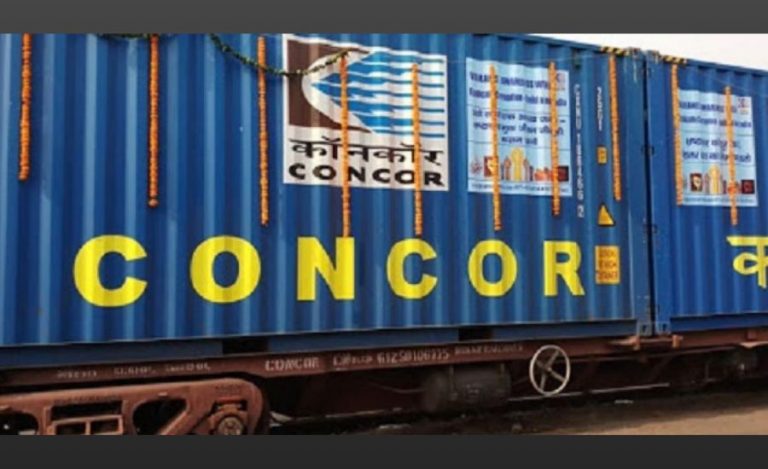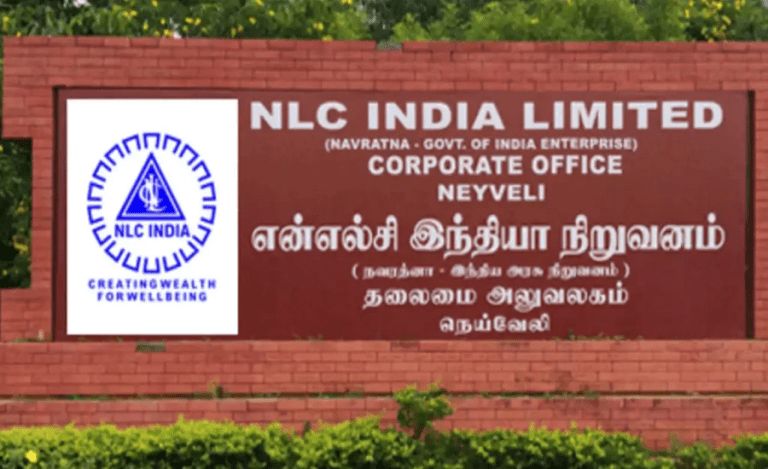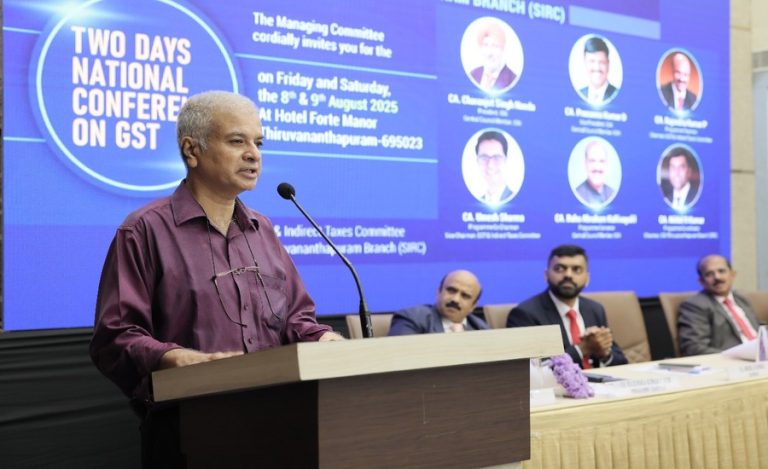The Ministry of Coal recently organized a stakeholder consultation meeting in New Delhi on the theme “Exploring Opportunities for Sustainable Coal Transportation through the Rail-Sea-Rail (RSR) Mode.”
Also Read: Khadi and Village Industries Achieve Historic Growth, Sales Cross ₹1.70 Lakh Crore in 2024-25
The aim of the consultation was to build consensus and foster synergy among key partners in the coal logistics value chain, with a focus on promoting multimodal transportation for a more efficient, resilient, and sustainable future.
Delivering the keynote address, Mr. Vikram Dev Dutt (1993-batch IAS officer), Secretary, Ministry of Coal, described the RSR model as a visionary initiative aligned with national goals such as enhancing logistics efficiency, ensuring energy security, and promoting environmental sustainability. He emphasized that RSR transport, which integrates railways and coastal shipping, is not only cost-effective but also environmentally friendly due to its lower carbon footprint.
Mr. Dutt highlighted the growing demand for coal in remote consumption centers, especially in southern and western India, and stressed the importance of adopting innovative, smart, green, and flexible multimodal transport systems.
He called for close coordination among ministries, state governments, power generation companies (GENCOs), coal producers, port authorities, and logistics providers to streamline infrastructure, optimize operations, and eliminate procedural hurdles for the successful implementation of RSR movement.
The consultation saw active participation from various stakeholders, including representatives from the Ministry of Railways, Ministry of Ports, Shipping and Waterways (MoPSW), Ministry of Power, state governments, Coal India Limited (CIL), captive and commercial miners, GENCOs, and port operators.
During the discussions, stakeholders shared valuable insights and practical suggestions on improving intermodal connectivity, deploying mechanized coal handling infrastructure at ports, enhancing rake availability, and rationalizing port charges.
With an estimated 120 million tonnes of coal to be transported via the RSR mode by FY 2030, the Ministry of Coal has set a target of moving 65 million tonnes by FY 2026 through this mode.
This goal will be supported by initiatives such as the Telescopic Freight Circular issued by the Ministry of Railways, which offers significant freight savings, and infrastructure expansion under the Rail-Sagar Corridor to enhance port connectivity.
Going forward, ensuring adequate rake supply and developing robust railway infrastructure connecting coal mines to ports will be a critical responsibility of the Ministry of Railways. The Ministry of Ports, Shipping and Waterways will play a key role in optimizing shipping and port handling charges and developing dedicated coal berths.
These coordinated inter-ministerial efforts are expected to provide strong momentum to the RSR model and significantly improve the sustainability and efficiency of coal transportation across the country.
The Ministry reaffirmed its commitment to advancing multimodal coal logistics by promoting inter-agency cooperation, encouraging infrastructure investment, and providing policy support to unlock the full potential of the RSR transport model—thereby supporting India’s energy security and journey towards sustainable development.
Also Read: Minors Above 10 Can Now Open and Operate Bank Accounts Independently: RBI


